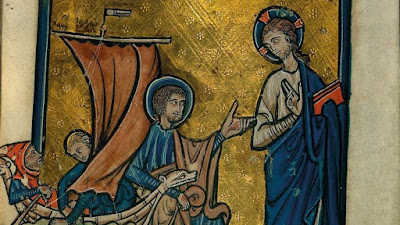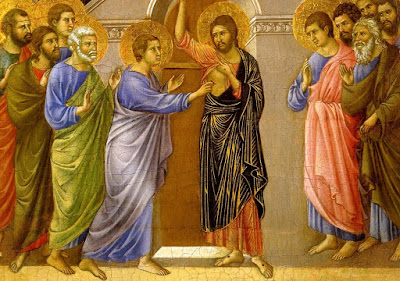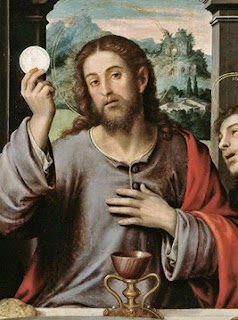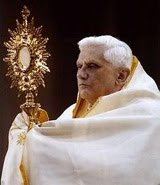Homily for the 3rd Sunday of Easter, May 5, 2019, Year C

Fr. Charles Irvin Senior Priest Diocese of Lansing ( Click here for today’s readings ) Christ’s resurrection from the dead immediately caused controversy brought on by those who sought to suppress that event. That controversy continues even in our time some 2000 years later. There are those in our own times who for their own various reasons want to discredit the resurrection of Jesus Christ from the dead. The leaders of ISIS torture and put to death Christians who, like the Apostles, are witnesses to the resurrected Christ. Just the apostles told the members of the Sanhedrin, Christians in the Middle East are by their lives saying: “we are witnesses of these things.” Christ’s resurrection from the dead just won’t go away. The immediate reaction of the Jewish religious authorities is presented to us in the first reading of today’s Mass where it is reported: When the captain and the court officers had brought the apostles in and made them stand before the Sanhedrin, the high






